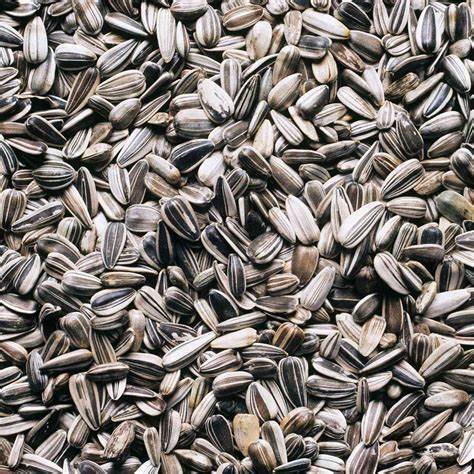
 Hot FM
Hot FM

 Hot FM
Hot FM
18 April 2025, 9:40 am
By Sarah Ejang and Joshua Olomo

In a significant effort to boost agricultural productivity, National Oil Seed has distributed 2,000 kilogrammes of seeds to farmers in the Kwania and Apac districts.
The generous consignment includes a variety of sunflower, soybean, and simsim seeds, aimed at promoting sustainable farming practices across the region.
The seeds are packaged in 25-kilogramme bags, with 5 kilogrammes allocated to the production departments in both districts. These portions will be used to facilitate distribution to designated farmer groups, ensuring effective allocation and resource utilisation.
Solomon Okino, the coordinator for National Oil Seed in the Lango and Teso sub-regions, noted that the total value of the two tonnes of seeds is UGX 2 million—demonstrating the organisation’s continued commitment to supporting local agriculture.
Key beneficiaries of this initiative include several cooperatives dedicated to empowering women and youth within the community.
Notable recipients are the Kai-Romo Women’s Produce Cooperative in Akali Sub-County, the Alai Women’s Multipurpose Cooperative in Inomo Town Council, and the Bediworo Women’s Cooperative. Additionally, the Abulomogo Youth Cooperative and the Anyapo Women’s Cooperative in Apac are also set to receive their share of these essential resources.
In response to the support, George Johnson Ojok Ocen, the Kwania District Production Coordinator, called on local farmers to thoroughly prepare their gardens in advance.
He emphasised the importance of timely planting, saying, “Farmers should ensure they prepare well and plant on time to maximise the benefits from these seeds.” Ojok also underscored the need for good agricultural practices, advising farmers to adopt proper soil management and crop rotation methods. “A well-prepared garden is the foundation of a fruitful harvest,” he noted.
This initiative not only aims to boost crop yields in the region but also promotes community collaboration among farmers, paving the way for a more productive agricultural future in Kwania and Apac districts.